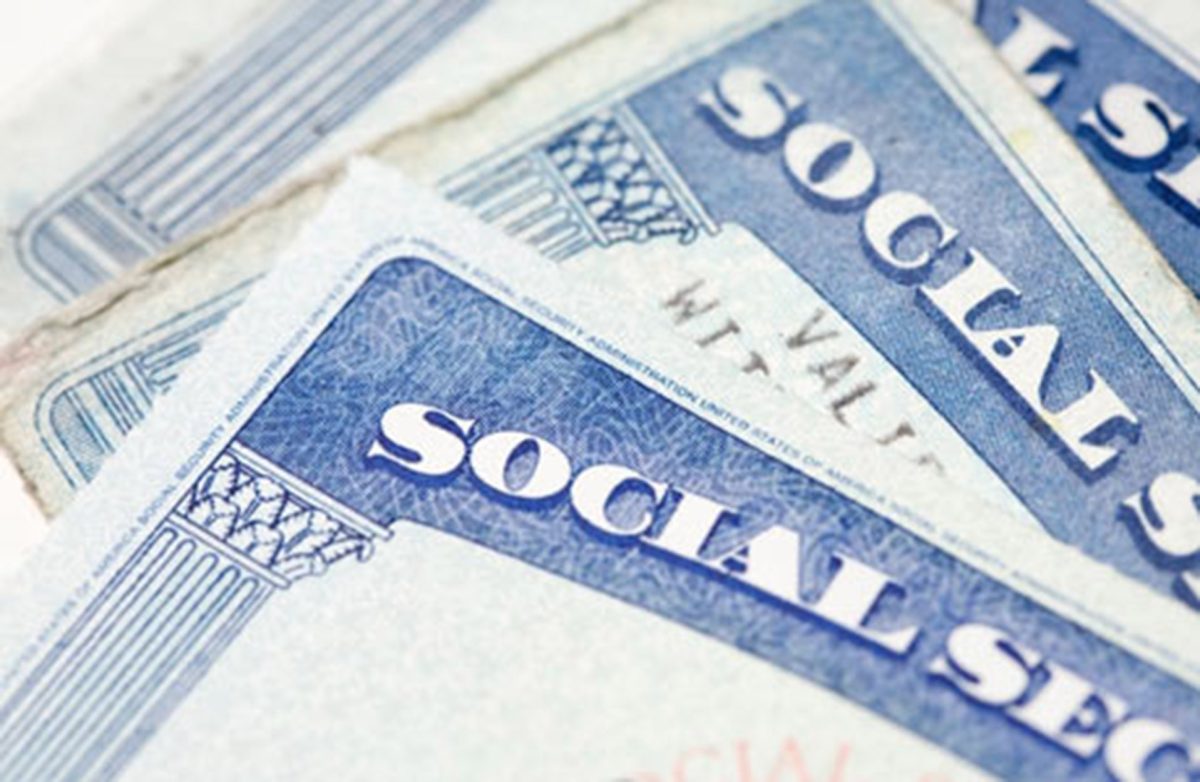The Victorian government has announced a plan to slash stamp duty slashed on apartments, units, and townhouses bought off the plan Picture: NewsWire / Nadir Kinani
The Victorian government’s plan to discount stamp duty costs for off-the-plan unit purchases has been slammed as “reckless policy” destined to hurt some homebuyers.
It comes as industry data shows there are fewer than 7000 unbuilt homes being marketed for sale across Melbourne today, and the absolute maximum it could increase sales by is 32,000.
This would leave a significant number of sales needing to come from new housing estates to reach the Allan government’s 80,000 new homes a year goal.
RELATED: Stamp duty slashed on apartments in major new housing push
Real estate guru’s Vic hotspot suburbs for 2025
Under the government plan, homebuyers and investors alike will now be able to purchase a property and only pay the stamp duty on the cost of the land component — with no cap on how valuable the property can be.
Estimates show that for a $620,000 apartment that reduction could translate to a $28,000 stamp duty discount, with just $4000 owed to the government after the purchase.
However, homes that are already partially built at the time of purchase will receive a lesser reduction.
Real estate experts have provided a mixed response to the announcement, with some lauding the effort to boost new home supply and others warning investors and home hunters to tread carefully.
Figures from Charter Keck Cramer show there are currently just over 40,000 new off-the-plan units approved with plans to be sold across Melbourne.
Sunkin Property Group are working to fast track parts of their Highet Common development in Bayside Melbourne.
National research executive Richard Temlett said 80 per cent of them, 32,057, being sold would be an extraordinary outcome, particularly given fewer than 7000 were being marketed for sale at present.
Even 70 per cent being sold, a little over 28,000, was also a tall order without further government moves. Particularly given there are a further 7300 currently under construction which would receive reduced benefits in the stamp duty savings proposed by the government.
Mr Temlett said a smaller sum was more likely, but even that would hinge on a significant hole in the government’s new policy: recently completed, but unsold apartments.
He warned that many of these would effectively undercut prices for new projects, and stop developers being able to raise those figures to where they need to be for projects to become financially viable again.
“The government can’t fall into the trap of thinking it will bring them all online, the market won’t turn on overnight,” Mr Temlett said.
A look at stage three of Sunkin Property Group’s Highett Common development.
“There needs to be many more policies and levers pulled.”
The respected researcher added that there had been a pronounced trend of developers aiming projects at investors and downsizers in recent years, meaning that it would not necessarily be affordable homes that could be brought into the market in the next 12 months.
However, he noted that with many downsizers looking to retire without needing to go on a pension, a property tax break that helped them do so could have wider economic benefits with reduced demand for pensions.
Real Estate Institute of Victoria chief executive Kelly Ryan said the move was a “good first step” and released a “pressure valve”, but they were hoping for more.
Ms Ryan also acknowledged that the scheme would “absolutely appeal to downsizers”, many of whom are Baby Boomers who have already had one of the most advantageous runs at the property market in Australian history, but that anything to create movement and momentum was now needed.
Melbourne’s currently tallest tower, Australia 108, was a major winner of a stamp duty concession program during the pandemic. Picture : NCA NewsWire / Ian Currie
She said that encouraging movement from downsizers would also allow better use of their old homes, either for younger families needing more space to move in, or to be sold to developers who could turn them into townhouses and create more affordable median density options in established parts of Melbourne.
“I’d still advocate for anyone benefiting at this point, as it creates better opportunities,” Ms Ryan said.
But Propertyology head of research and outspoken property pundit Simon Pressley said the government’s stamp duty offer was a trap for buyers.
“It is well known that off-the-plan property purchases have significantly more associated risks than established properties,” Mr Pressley said.
“The government’s proposal to lure people into such a trap by scrapping stamp duty on new dwellings is reckless policy.
“Good government policy supports buyer access to 100 per cent of what’s available, as opposed to getting into bed with the construction industry.”
Last year the Queensland-based investment adviser who works with would-be landlords around Australia announced a boycott on Victoria in response to government policies targeting real estate investment.
He added that Melbourne’s struggling home values were among the weakest in the nation and a sign it was suffering the fallout of the state government’s earlier policies, namely increases to land tax and tighter regulation of rental homes.
Real estate experts have provided mixed response to the government’s announcement.
Real Estate Buyers Agents Association of Australia president Melinda Jennison said while she could not agree that it was “reckless policy” she did warn people against “jumping at the opportunity”.
“There’s always a hidden agenda,” Ms Jennison said.
In this instance, the nation’s foremost buyer’s agent said prospective homebuyers should be aware that the government would have a significant upside from inner-city developments going ahead as a result of infrastructure charges and levies.
With infrastructure largely already in place she said townhouse, apartment and unit projects in suburban Melbourne also came with lower costs for government.
However, she warned that these projects came with greater risks for homebuyers, who needed to ensure they did their due diligence before committing to what were often quite complex contracts.
“There’s no guarantee of when the product is likely to be completed, and there’s uncertainty around the quality of the finished product,” Ms Jennison said.
“But it is a step in the right direction in order to stimulate more interest in the housing market, especially in Victoria which has taken quite a hit in the last 18 months to two years.”
She added that downsizers would be the ideal candidate to absorb more homes being sold off-the-plan as they would onsell homes they were living in, making it likely there would be a cascade of homes freeing up lower down in the property market.
“But that’s a long-term effect,” she warned.
Property Council of Australia Victorian chief executive Cath Evans provided an initially positive response to the government’s plan, but has subsequently raised issues that need to be addressed.
“We’re concerned that a year is too tight a time frame for more small property to actually come to market during that period,” Ms Evans said.
“So we encourage the government to actively review the projects that are coming through the pipeline with the view of extending this offer if it proves to be successful.”
Developer Central Equity’s Focus Apartments Southbank project was also among the winners of the pandemic-era stamp duty support.
Marshall White Projects director Leonard Teplin specialises in off-the-plan apartment sales across suburban Melbourne and said the move would provide “significant incentive to investor buyers” and help larger projects with a broad mix of homes.
“The market does not just require owner occupier stock, but also rental stock to decrease the pressure on rents,” Mr Teplin said.
“Young members of society need affordable, good quality rental stock near the employment catchments and inner-urban areas so they can save a higher proportion of their income, and aspire to buy their own property.”
He added that with no cap on the stamp duty waiver it was also possible it would encourage more people to downsize and free up houses in the suburbs for other families to upsize into.
“More needs to be done, but it’s a step,” Mr Teplin said.
The next moves should be reducing “unnecessary new infrastructure spending” to free up the workforce and materials needed to build the apartments.
Melbourne’s currently tallest tower, Australia 108, was a major winner of a stamp duty concession program during the pandemic. Picture: NCA NewsWire / Andrew Henshaw
It’s not the first time the Victorian government has cut stamp duty costs for apartments, with a pandemic-era policy aimed at supporting the Melbourne CBD run for about a year fro 2021-2022.
That program cut the cost for recently built apartments that were sitting empty.
Mr Temlett said that scheme had been wildly successful and driven “a huge amount of activity” in sales.
However, he warned there was an up to 30 per cent increase in the cost of building an apartment today compared to a few years ago, about $180,000 in many instances, meaning a number of projects could not proceed without further intervention.
Despite this, he said he had received 12 calls from Melbourne developers on Monday indicating that it would help them get projects up and running.
PropTrack senior economist Eleanor Creagh said the program was likely to help drive the pipeline forward in a positive move for the housing sector.
Ms Creagh said it was also likely to help stabilise investment activity in Victoria, which had recorded weaker growth than other parts of the country recently.
Development firm Sunkin Property Group’s general manager Jason Zhou said his firm was now expecting sales to double from about 200 new apartments and townhouses in the past year to as much as 400 in the coming 12 months.
“We haven’t seen those numbers since before Covid, probably not since back in 2015-2016, and since then the overseas property market has pretty much dried up,” Mr Zhou said.
The firm is about to launch the third stage of their 1000-home Highett Common project in Bayside Melbourne, and now expect they will be moving onto the fourth stage in as little as eight months.
Prices for what they have dubbed The Mews will range from $525,000 for a one-bedroom home and past $1.409m for a three-bedroom residence. It is expected to be completed in 2026.
They are also actively working towards bringing a new, 500-600 apartment project in Glen Waverley online in time to start sales before the October 21, 2025, deadline.
Mr Zhou said those looking to purchase an apartment off-the-plan would need to look for reputable developers and builders connected with projects, but added they should also ask who was financing it.
“If they have a big four bank funding it, that will give you a very good sense of the risk behind it,” he said.
“Those banks these days are extremely careful.”
Sign up to the Herald Sun Weekly Real Estate Update. Click here to get the latest Victorian property market news delivered direct to your inbox.
120yo St Kilda pad with trapdoor to secret room could break record



















 English (US) ·
English (US) ·